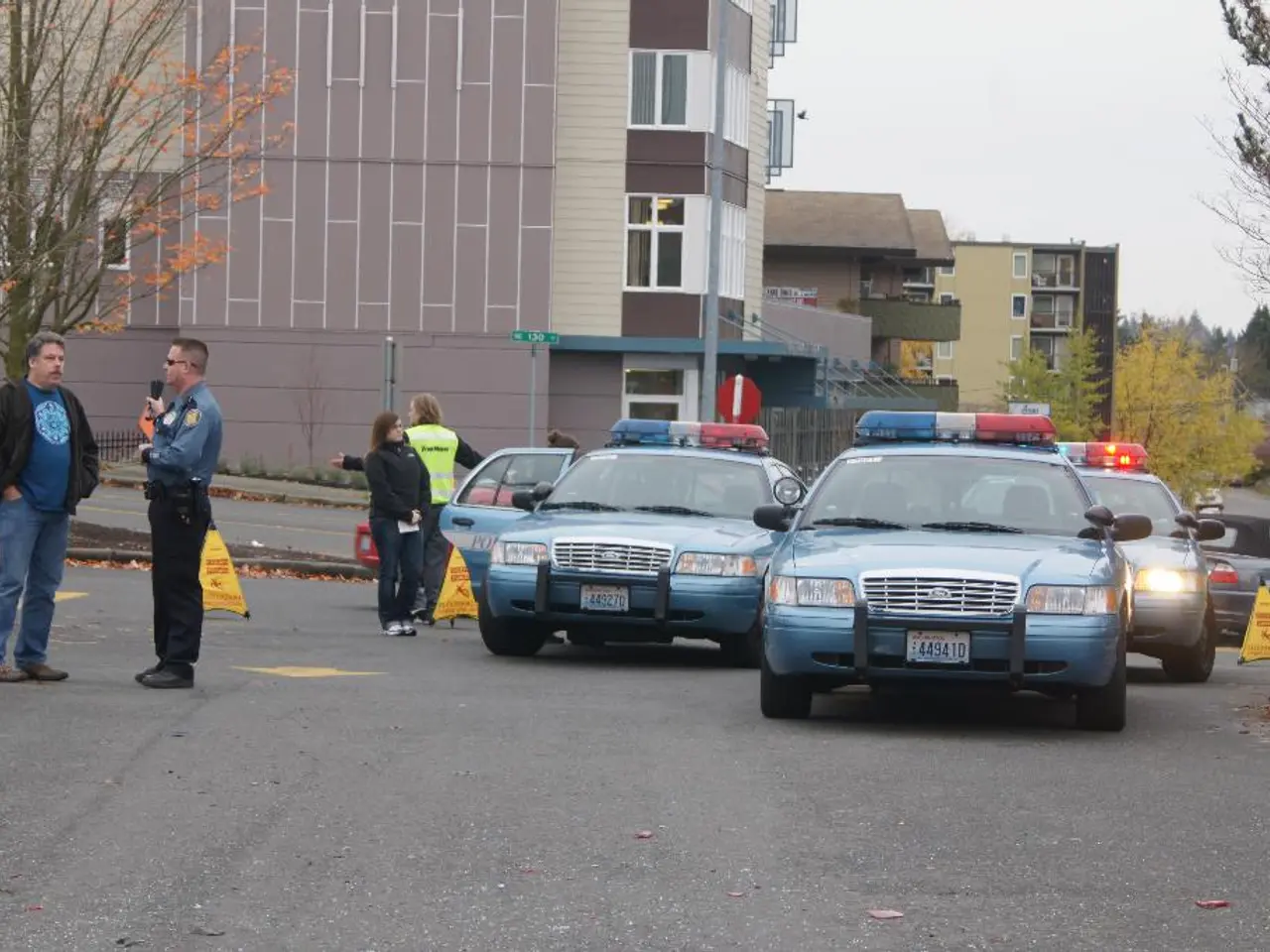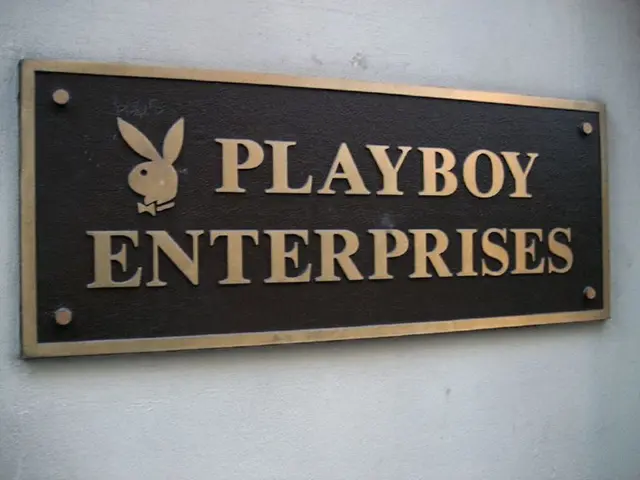Alert issued for southwestern direction
Germany, after a period of political uncertainty, has a functioning government once more. The Union and SPD parties have quickly agreed on a coalition agreement, demonstrating a willingness to put their own interests aside and act swiftly for the good of the country.
At the helm, Friedrich Merz, designated Federal Chancellor, is preparing to take on the challenges ahead. As he gears up for potential meetings with US President Donald Trump and Russian rulers, Merz, at 69 years old, has an opportunity to demonstrate his crisis management skills, which may be crucial in these turbulent times.
In the state of Baden-Württemberg, the crisis in the automotive industry is hitting the broader population harder. Recognising the urgency, the state government is seeking dialogue with business leaders on tariffs, aiming to form a counterweight to the questioning of international trade routes. The state's countercyclical action, with the aid of a special fund, is intended to provide growth impulses through loosened debt brake and infrastructure repairs. Struggling municipalities can expect relief from this fund.
The special fund will also address past shortcomings, provide investments, and stimulate construction activity in Germany. A key aspect of this is the aim to improve Germany's railway system, known as "Back on Track." Details such as the successful Germanyticket are agreed upon in the coalition agreement.
The coalition agreement also includes a tougher stance on migration and reforms for less bureaucracy. Ministers from the Southwest, led by the potential Chancellor's Office Minister Thorsten Frei, will ensure the smooth running of the coalition. However, currently, there are no specific publicly available details naming which individuals from southwestern Germany are expected to be appointed as ministers in the new cabinet or how they will specifically contribute to crisis management and coalition challenges.
Amidst these changes, it's clear that a mere business-as-usual Chancellor is not enough in this phase. The challenges facing Germany require strong leadership and decisive action. As the new government settles in, the focus will be on navigating these challenges and steering the country towards a brighter future.
Meanwhile, another authoritarian ruler in the Kremlin is waging war on Europe. Trump's chaotic trade policy is hitting the German automotive industry hard. As Germany looks to the future, it will need to balance its domestic concerns with the geopolitical landscape, ensuring that it remains a strong and stable force in the global arena.
Read also:
- Vendors on the streets are laborers - they deserve labor rights
- Street vendors are laborers, entitled to labor rights
- Trump Declares 'Internet Users' Are Fawning Over Him in Strange School Address
- United States contemplates imposing tariffs on Japan, potentially resulting in billions of dollars in losses for automotive original equipment manufacturers.








